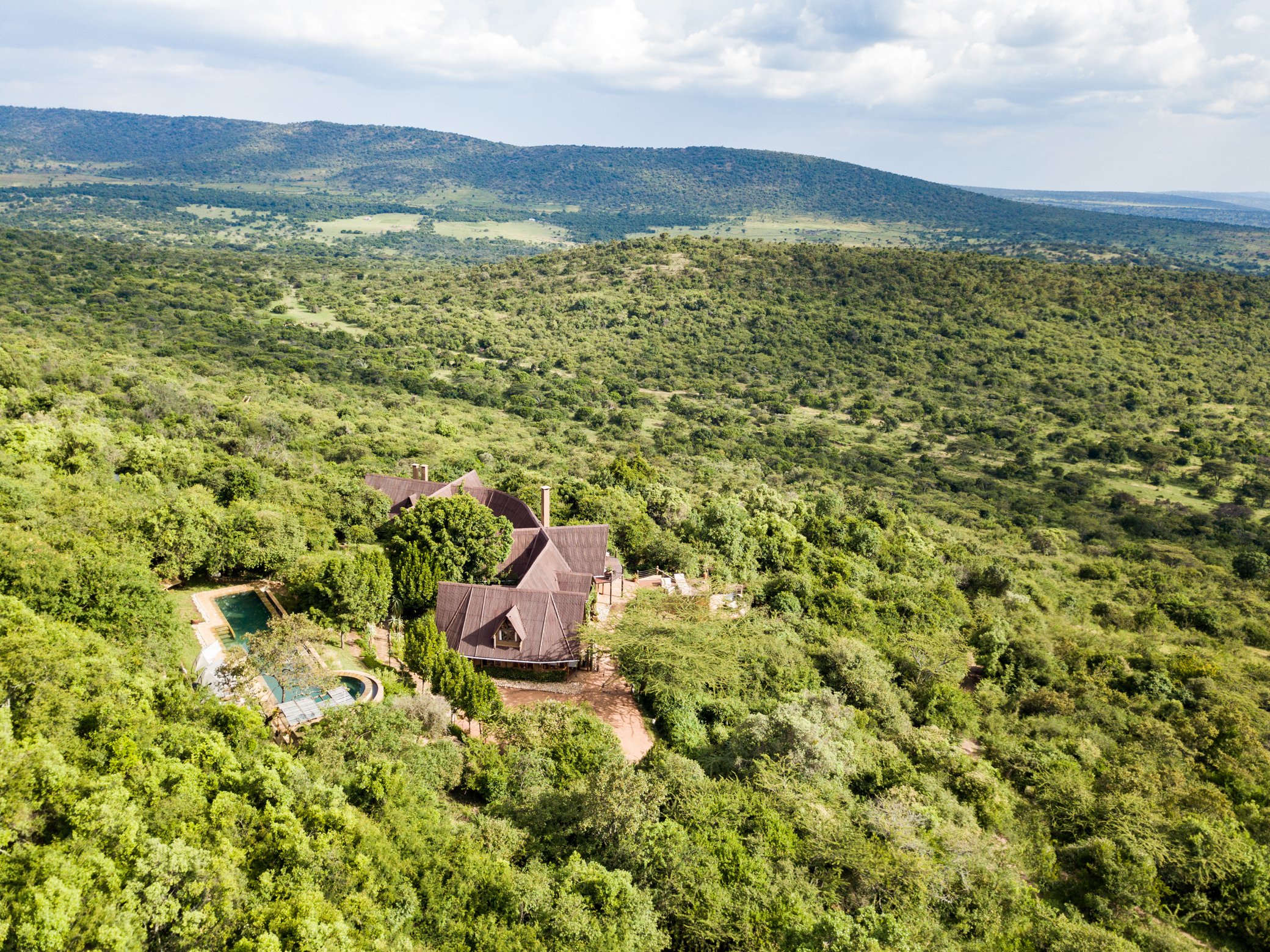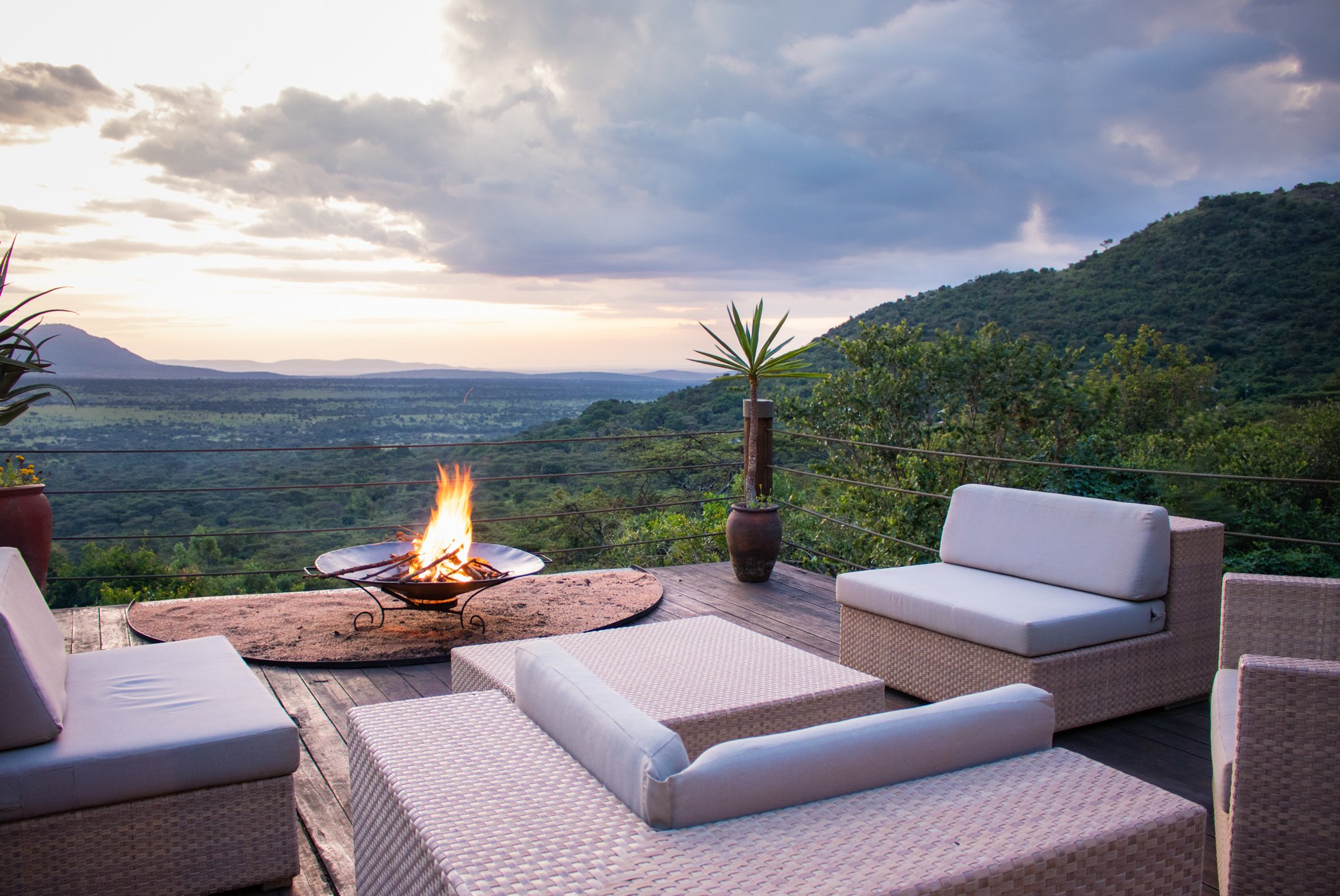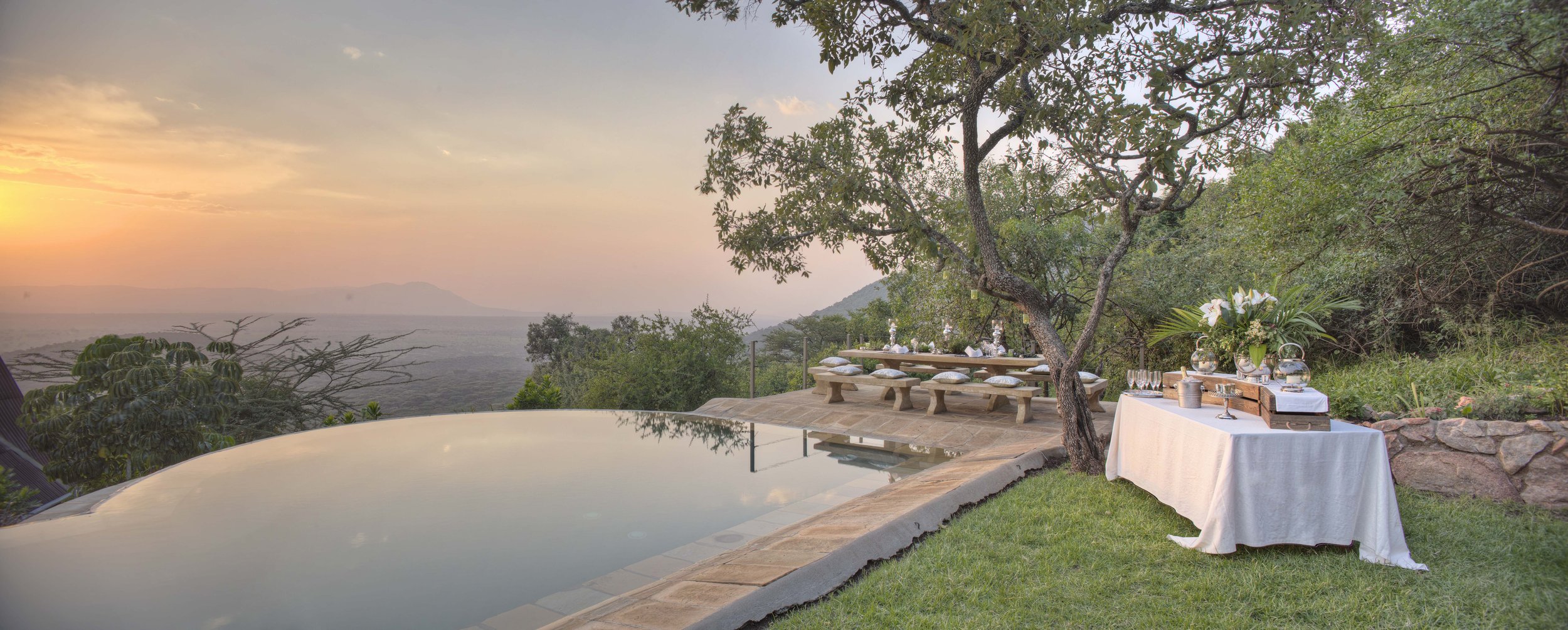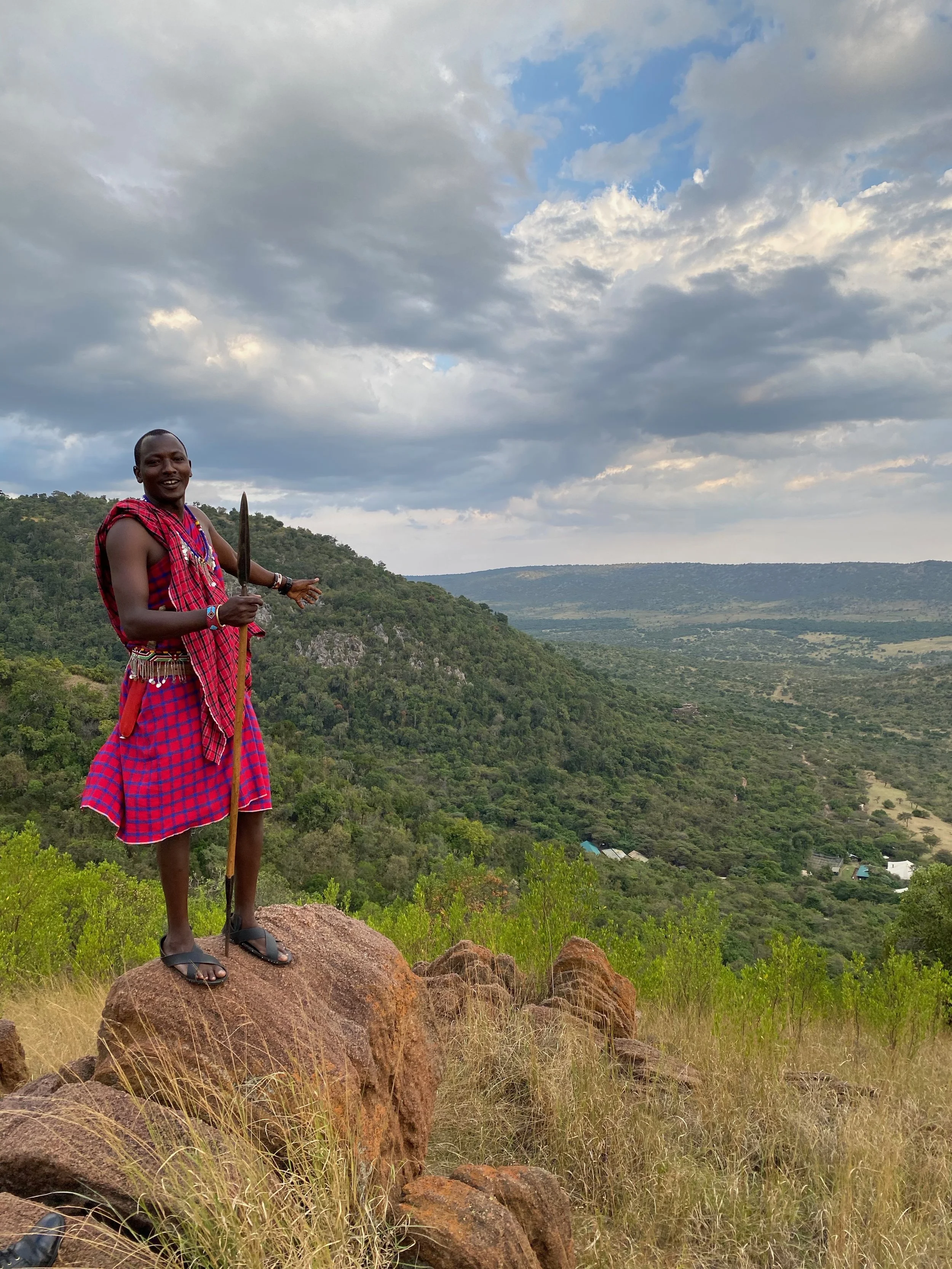Cottar’s 1920s Camp
Maasai Mara Game Reserve, Olderkesi Community Conservancy, Kenya

Cottar’s 1920s Camp
Eco Lodges
Since NOVEMBER 2018
Known for their environmentally responsible ethos, Cottar’s 1920s Camp and Bush Villa sit inside a unique conservancy in Kenya’s Masai Mara, owned by a 7300-strong community of Masai landowners. A proud Global Ecosphere Retreat®, this hospitality outfit has been recognised by Conde Nast and was named Best Ecologically Responsible Property in Africa at the Safari Awards. Cottar’s 1920s Camp is a certified Global Ecosphere Retreat®.
Real experts, Cottar’s 1920s Camp have been in the safari business since 1919, working extensively on community-owned land. As well as offering luxurious safari accommodation and 23 impactful activities, such as forgaging and medicinal walk. Cottar’s delivers a nature-based experience which supports community-owned land, natural biodiversity, and equitable poverty uplift. Keen to stay ahead of the herd, Cottar’s 1920s Camp was the first to secure Global Ecosphere Retreat® certification and the first African property to obtain the Preferred by Nature Ecosystem Restoration validation audit.



CONSERVATION
A community-owned conservancy model delivers transparent, tangible community benefits, and is positioned for potential eventual biodiversity offsets.
An ongoing Reductive Carbon Journey linked to insetting and showcasing alternative participatory community land-use practices and carbon-honest reporting.
COMMUNITY
Cottar’s 1920s Camp nature-based tourism delivers significant social impact by empowering the community, offering access to family planning, and opportunities for socio-economic uplift.
Cottar’s advocacy work to support the Sand River in Mara East Region has resulted in more land under conservation.
CULTURE
Community-led content on social channels such as Instagram and You Tube - reaches some 5 million people annually, and positively showcases Cottar’s 1920s Camp cultural, conservation and community-focussed ethos worldwide.
To ensure its guests don’t miss out on the intricacies of the vibrant Maasai culture, there is a market for beadwork and other traditional handicrafts produced by Maasai women as an additional way of preserving Maasai culture.
COMMERCE
Cottar’s 1920s Camp model shows that nature-based business can be profitable, support community-owned land tenure, biodiversity, and equitable poverty upliftment.
Cottars always re-invests in the community through bursaries and training. More than this, it supports budding enterprises of Maasai women by providing a ready market, through its guests, for their beadwork and other handicrafts.
Cottar’s 1920s Camp Highlights




















